Research shows climate change could spur “brain drain” from developing world
Sat 08 Apr 2017, 14:36:06
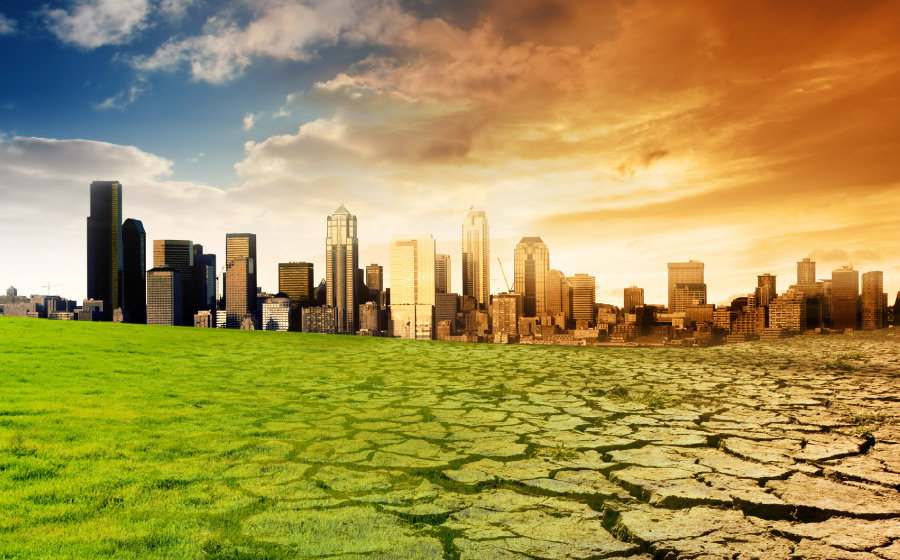
People who are driven to migrate by floods, droughts and other disasters linked to climate change come overwhelmingly from middle-income countries, not the poorest parts of the world, as is commonly believed, new research finds.
And those who move abroad due to natural disasters are likely to be highly educated, suggesting climate change could exacerbate “brain drain” from developing countries, according to Linguere Mously Mbaye, a consultant for the African Development Bank.
Very poor people cannot afford to migrate and the richest have other ways of coping such as accessing social services in the wake of disasters, she found.
There are no reliable estimates of the number of people who have migrated or will do so due to environmental changes. But forecasts range from 25 million to 1 billion globally by 2050, according to the International Organization for Migration.
The issue has garnered political attention amid a global refugee crisis and led to growing calls to give people fleeing climate-linked disasters similar protections to political refugees under international law.
But the reality of climate migration is often misunderstood, said Mbaye, whose research was recently published by online database IZA World of Labor.
“People think we’ll have a whole bunch of people coming to rich countries due to climate change, but they overestimate (this),” she told the Thomson Reuters Foundation. “If you look at the literature, it’s not that straightforward.”
Between 2008 and 2014, developing countries accounted for 95 percent of global displacement due to disasters, but 86 percent of those uprooted came
from middle-income countries such as India, China and Pakistan, and only 9 percent from lower-income countries, she found.
from middle-income countries such as India, China and Pakistan, and only 9 percent from lower-income countries, she found.
On top of the misconception that climate migrants come from poor nations, people tend to assume that climate change causes people to move overseas when in reality, most move within their own countries or to neighbouring ones, she said.
SEE ALSO: China, EU reaffirm climate change pledges after Trump backs away
In Bangladesh, for example, researchers found that moderate flooding over more than a decade increased people’s likelihood of moving locally but made them less likely to migrate long-distance, Mbaye said.
But in places like sub-Saharan Africa, weather shifts that hurt farming can drive villagers to cities, which in turn may put a strain on urban jobs and fuel migration overseas.
Despite myriad warnings of displacement caused by climate change, the world remains unprepared to deal with the problem, experts said last month in a policy brief for the Group of 20 major economies, adding that international law and aid policies need urgent reform.
To prevent large-scale displacement, governments should fund infrastructure projects and social protection programmes so that families can cope with climate shocks, experts said.
“Investing in resilience in source countries is absolutely crucial to helping people remain in place, which they often prefer,” said Shiloh Fetzek, a senior fellow at the U.S. Center for Climate and Security.
“But migration shouldn’t be seen as a failure of resilience. Migration is often an important part of resilience,” she added.
No Comments For This Post, Be first to write a Comment.
Most viewed from Specials
Most viewed from World
AIMIM News
Latest Urdu News
Most Viewed
May 26, 2020
Should there be an India-Pakistan cricket match or not?
Latest Videos View All
Like Us
Home
About Us
Advertise With Us
All Polls
Epaper Archives
Privacy Policy
Contact Us
Download Etemaad App
© 2026 Etemaad Daily News, All Rights Reserved.



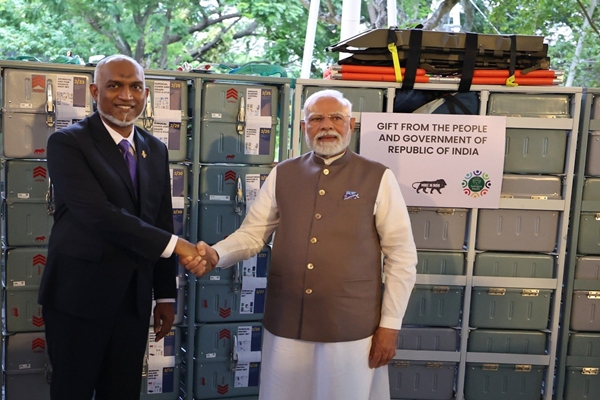

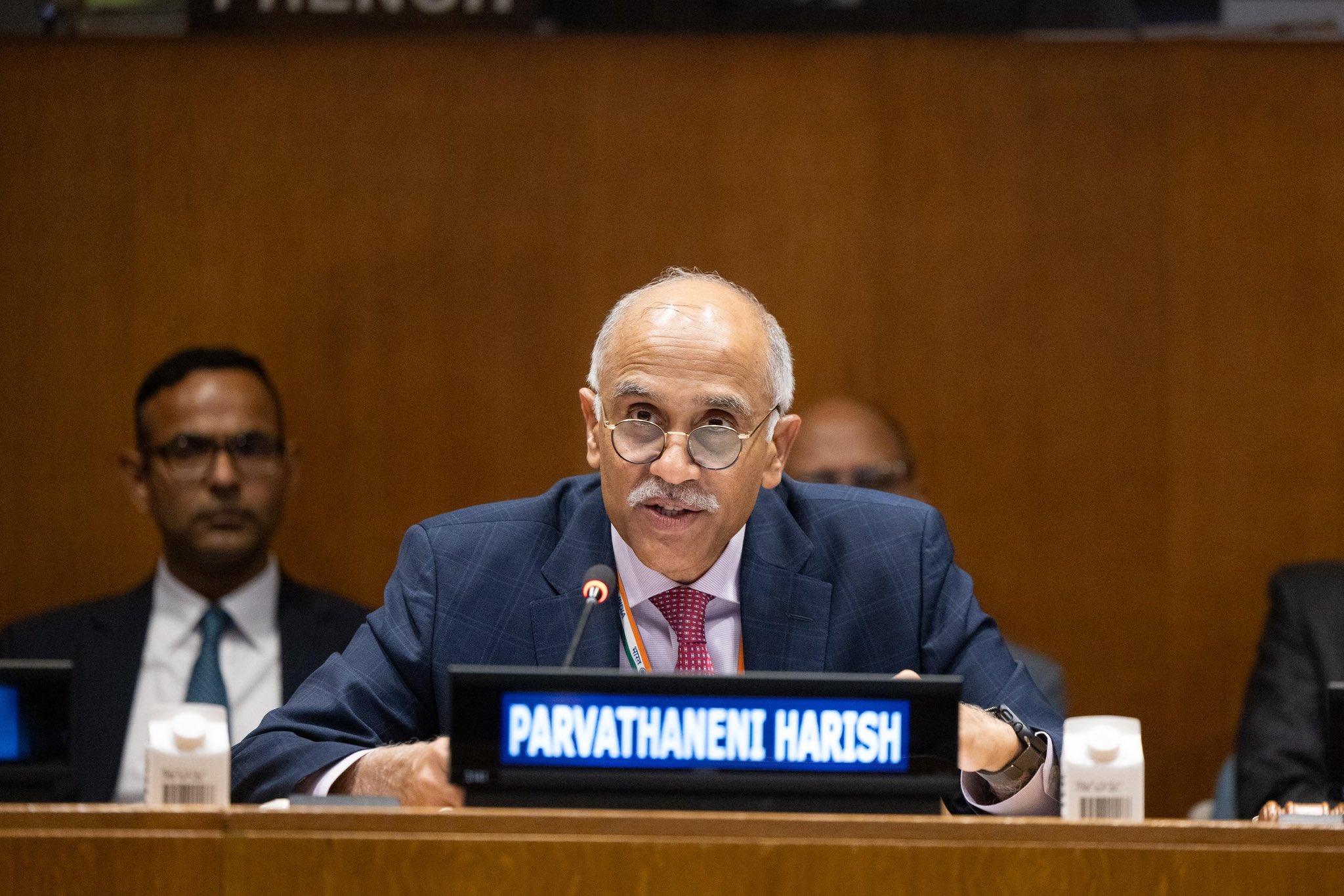


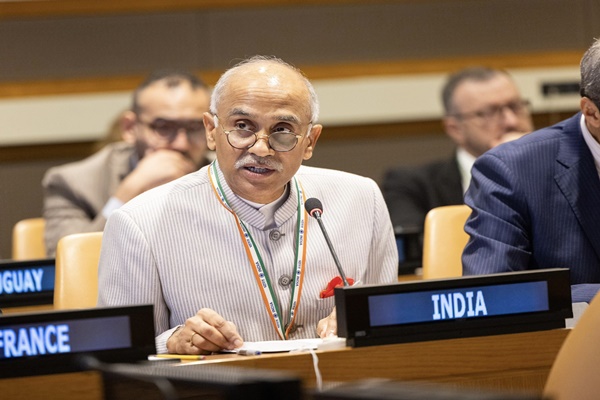




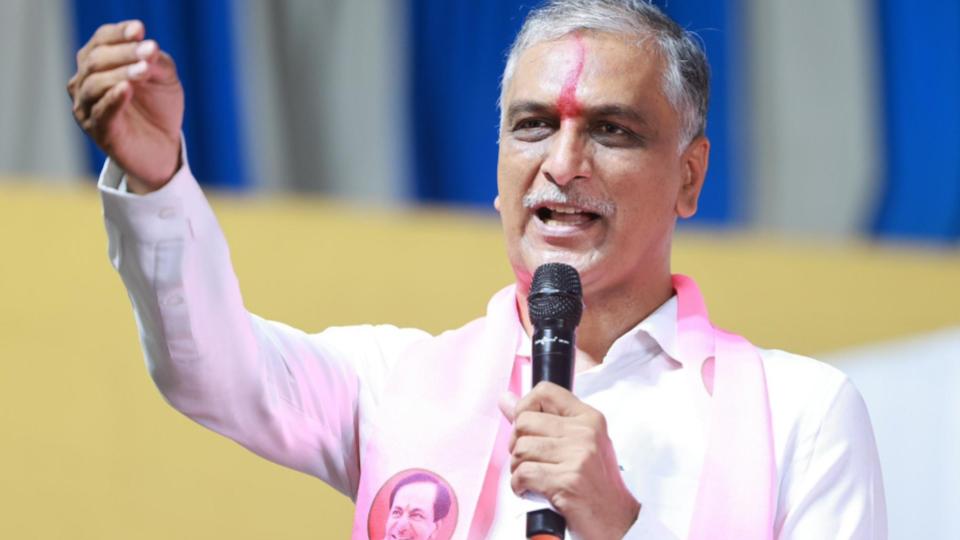























.jpg)
.jpg)
.jpg)


